Raising a hand—or the middle finger—in public often sparks reactions, but when directed at a police officer in Virginia, does it cross into illegal territory? Many people instinctively wonder whether this gesture qualifies as disorderly conduct, incitement, or another criminal act. This blog explores the legal landscape in Virginia’s key cities—Richmond, Norfolk, Virginia Beach, Alexandria, Charlottesville—and across the Commonwealth. Through real cases, facts, and law, you’ll gain a full picture of what flipping the bird at police actually means in Virginia.
Free Speech and Symbolic Expression
At its core, the act of “flipping off” someone is a form of symbolic expression, protected under the First Amendment. Across the U.S.—including here in Virginia—courts have repeatedly ruled that non-threatening gestures, even if provocative or offensive, typically fall under free speech.
This principle has been affirmed in courts across multiple states. What matters is the intent behind the gesture and the context: unless it tips into a true threat, incitement to violence, or harassment that actually disturbs others, it’s generally protected—no less so when a police officer is the target.
Virginia Legal Framework
Virginia’s statutes differentiate between harmless expressive conduct and criminal acts. For example:
-
Public Order Offenses: Acts that incite violent retaliation or disturb public peace can be charged as disorderly conduct—but courts typically require an element beyond mere disrespect.
-
No Specific Ban: There’s no statute in Virginia that explicitly criminalizes making rude gestures at a police officer.
-
First and Fourth Amendment Protections: The Constitution shields individuals from government punishment for non-threatening symbolic speech.
Landmark Case: Virginia & the Freedom to Flip the Bird
In a high-profile case from Patrick County (rural Virginia), court records show that a man named Brian Clark gave a sheriff’s deputy the middle finger after leaving the courthouse. The deputy pulled over Clark’s vehicle, citing safety concerns. Although a jury initially sided with the officer, a federal judge later overturned that decision. The court ruled that stopping a person solely for making an offensive gesture violated both the First Amendment right to free expression and the Fourth Amendment protection against unreasonable seizure.
Urban Context and Police Protocol
Consider major Virginia cities:
-
Richmond & Norfolk: Routine protests are common, and police are trained in restraint; flipping the bird during protests is often tolerated absent disruptive behavior.
-
Virginia Beach & Alexandria: Tourist-heavy areas with frequent law enforcement presence; giving the finger may draw attention but rarely provokes charges unless accompanied by obstruction.
-
Charlottesville: After high-profile clashes in recent years, law enforcement is more alert—but simple gestures without aggression aren’t targeted for criminal action.
Officers may react emotionally—but legally they must distinguish between rude expression and criminal behavior. Virginia police training emphasizes that emotional reactions don’t justify arrest unless other misconduct occurs.
National Precedents Reinforce Virginia’s Approach
Virginia isn’t alone. Courts in North Carolina, Michigan, and others have held that flipping off officers isn’t criminal. For instance:
-
The U.S. Court of Appeals for the Sixth Circuit ruled in favor of a motorist who flashed the finger at police in Michigan—labeling the stop unconstitutional because the gesture is protected speech.
-
In North Carolina, a passenger flipping off an officer and later refusing to identify themselves led to charges—but the gesture alone was not criminal. Ultimately, the driver’s refusal to show ID was the real issue.
These precedents align with Virginia’s judicial recognition that first-line reaction alone doesn’t justify arrest or detention.
When Flipping Off a Cop Can Get You Arrested
Although the gesture itself is not a crime, combining it with certain actions changes the legal picture:
-
Disorderly Conduct: If the gesture incites violence, disturbs nearby people, or causes a breach of the peace, charges may be filed under Virginia law.
-
Assault or Threats: Verbal threats or aggressive behavior toward an officer can be charged separately.
-
Obstruction or Resisting: Refusing lawful orders (like ID during a lawful stop) or interfering with duties can lead to arrest.
So while the finger in isolation is generally safe, it can become part of a chain of actions leading to legal consequences.
Statistics in Virginia
Official data is limited, but anecdotal reports show:
-
Few citations: Statewide police don’t routinely ticket or charge individuals for rude gestures alone.
-
Civil suits more common: Victims of retaliatory stops sometimes sue; courts occasionally award nominal damages (e.g., $1 plus legal fees) for constitutional violations.
-
Officer discipline: Rarely do internal Virginia police boards fine or reprimand officers for reacting improperly to gestures.
Real Victims and Civil Rights Lawsuits
Following the Patrick County case, Clark sought a civil rights suit under Section 1983. He received nominal damages and attorney fees. While awards are small, these suits affirm that unconstitutional stops can be held legally accountable—even if the gesture itself wasn’t condemned.
Civil rights lawyers advise that such lawsuits serve as corrective measures against retaliation, reinforcing the constitutional protections of symbolic speech.
Practical Advice for Angered Drivers
If you feel compelled to flip the bird at an officer, here’s how to keep things legal:
-
Understand that the gesture alone is protected—but anything more (yelling, threats, refusing orders) may land you in trouble.
-
Stay calm and identify yourself when stopped—avoiding obstruction charges.
-
Record the interaction (where permitted); video evidence can be vital if a stop escalates.
-
If arrested or ticketed unfairly, seek legal counsel—constitutional case law in Virginia may support your rights.
What Officers Need to Know
Virginia law and federal precedent make it clear: rude gestures aren’t probable cause. Officers must be trained to differentiate between Constitutionally protected expression and actions that actually disrupt public safety or violate laws.
Law enforcement agencies in Richmond, Virginia Beach, and Charlottesville now incorporate free speech principles into policies and training curricula to ensure they respect citizens’ expressive rights—even when offended.
Broader Cultural Dynamics
While law is clear, culture plays a role. The middle finger remains a provocative gesture reflecting social attitudes toward authority. In an era of growing assertiveness, gestures serve as an outlet—but society expects both individuals and officers to show restraint.
Civil discourse—whether at a protest in Alexandria or a traffic stop in Norfolk—relies on mutual respect and legal understanding to prevent minor gestures from spiraling into conflicts.
Final Takeaways
-
It’s not illegal: Flipping off a police officer in Virginia is generally protected under the First Amendment.
-
No special statute: Virginia law doesn’t criminalize a rude hand gesture—unless paired with other violations.
-
Constitutional safeguards apply: Courts have ruled stops based solely on this gesture unconstitutional; deterrents via lawsuits can remedy violations.
-
Context is key: Disorderly or threatening behavior, resisting arrest, or obstructing an investigation can be charged accordingly.
-
Stay safe: If you feel compelled to gesture in defiance, be prepared to remain respectful otherwise and document the interaction if possible.
Conclusion
In the Commonwealth of Virginia—from Richmond to Charlottesville—flipping off a cop isn’t criminal on its own. It’s symbolic speech protected by the First Amendment, with Fourth Amendment safeguards against retaliatory stops. While socially frowned upon, legally it’s allowed—unless tied to disruptive or illegal behavior.
If you do gesture and find yourself pulled over, remember: staying calm, identifying yourself, and documenting the interaction can protect your rights. And if you believe your rights have been violated, legal options and constitutional case law in Virginia can offer redress.
Summary Box
| Question | Answer |
|---|---|
| Is flipping off a cop illegal in Virginia? | No, it is protected symbolic speech. |
| Can police stop or arrest you for it? | Not for the gesture alone—only if combined with criminal actions. |
| What if they do stop/arrest you? | It may be unconstitutional; you could file a civil rights lawsuit. |
| When does it become illegal? | With disorderly conduct, threats, resisting orders, or obstruction. |
| What you should do | Stay calm, identify yourself, record if possible, seek legal help if needed. |
Reflective Close
The act of raising the middle finger is emblematic of free expression in America—even in Virginia. While crude and confrontational, it underscores the deep constitutional value placed on speech, no matter how impolite. So the next time someone asks, “Is it illegal to flip off a cop in Virginia?”—you now have the detailed answer: no, unless ….

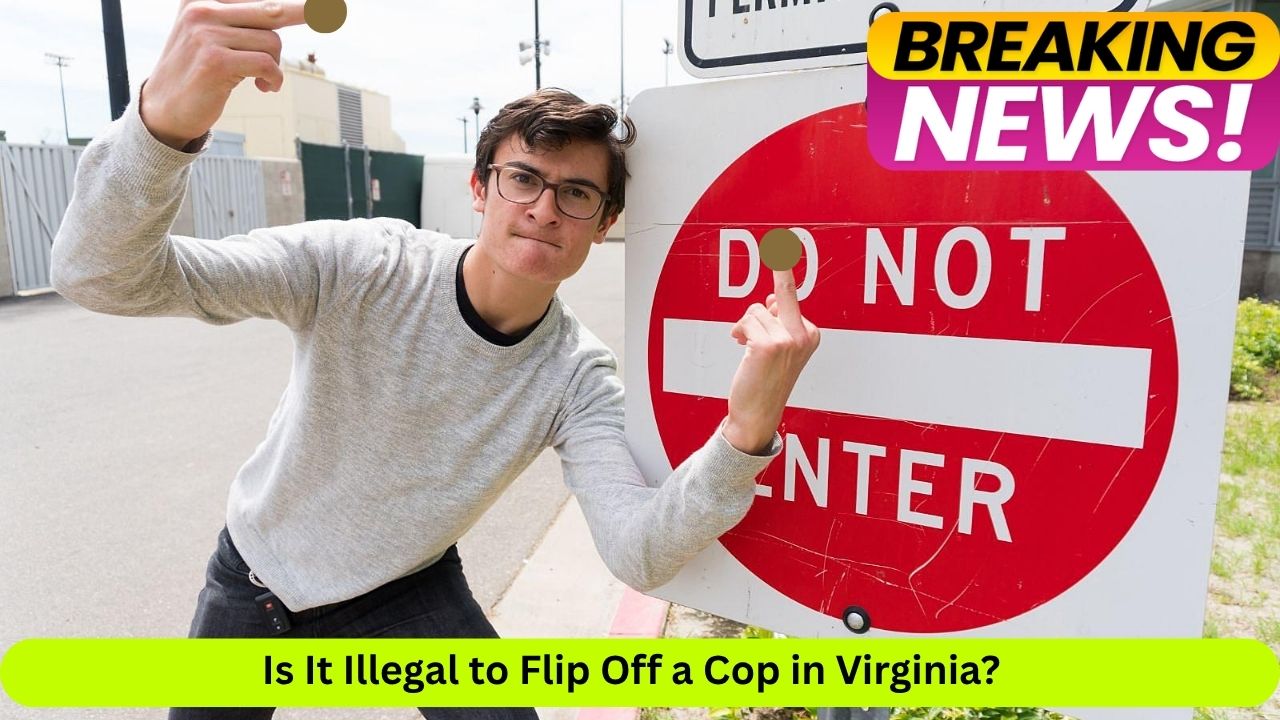

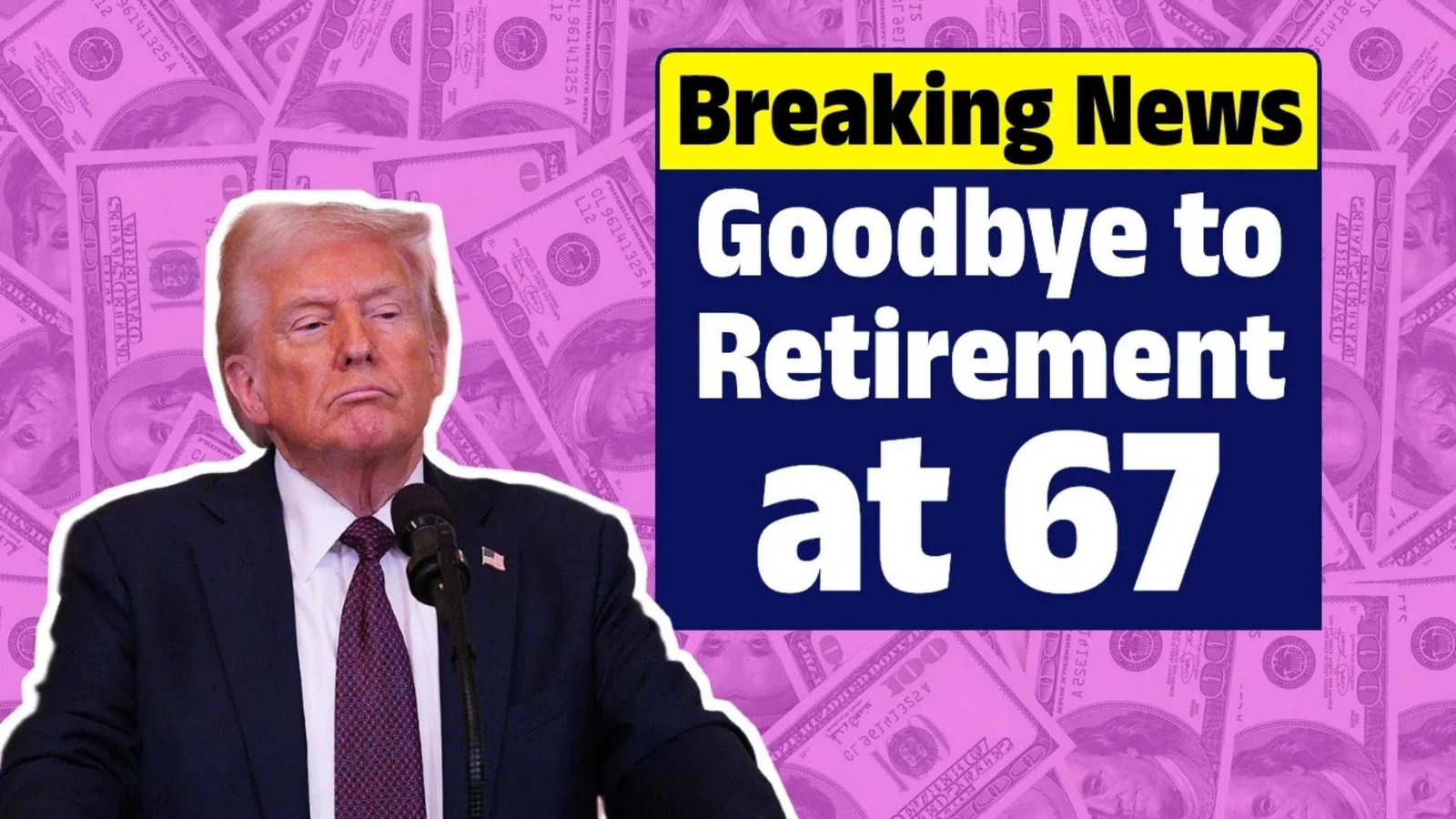
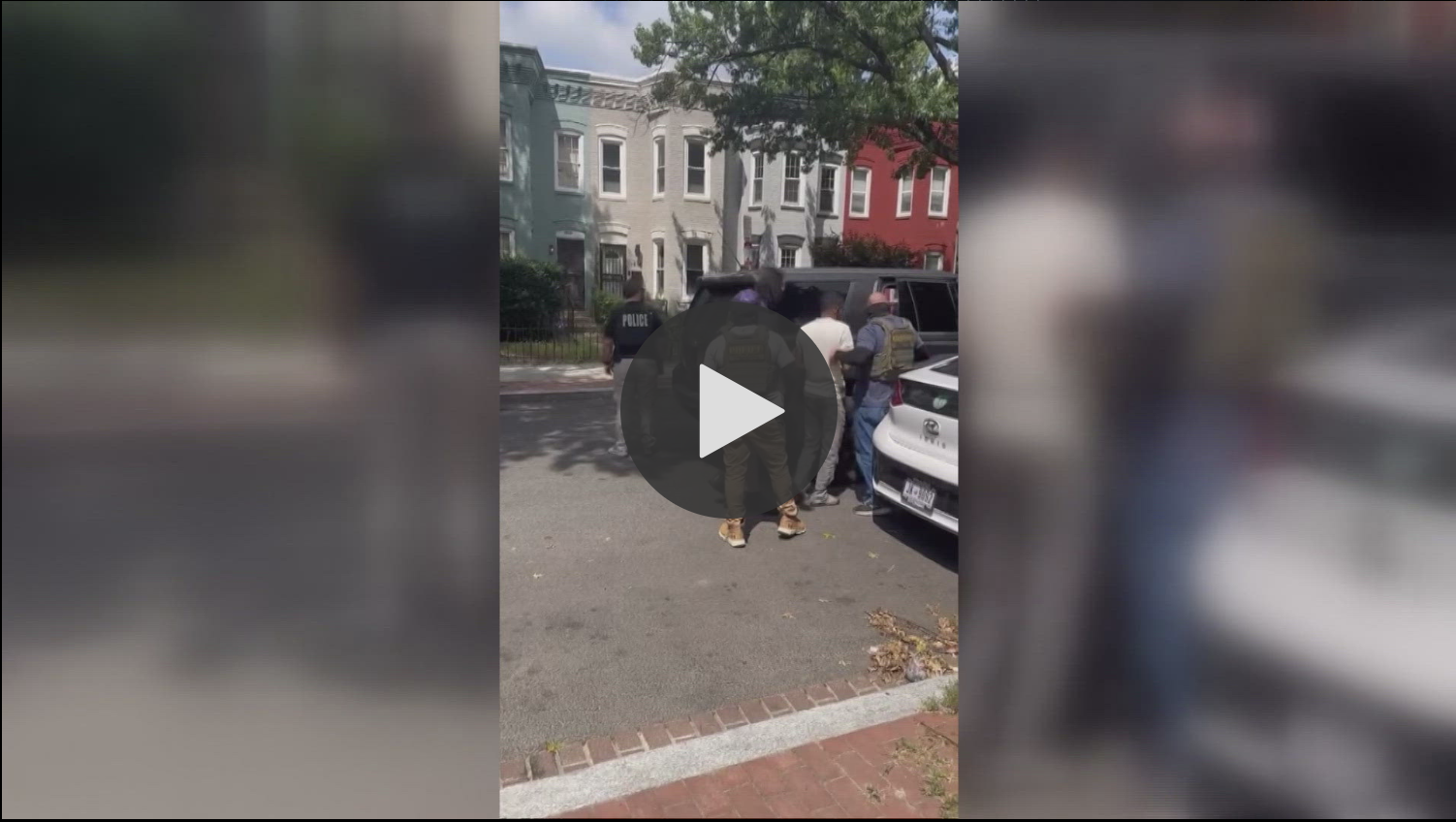
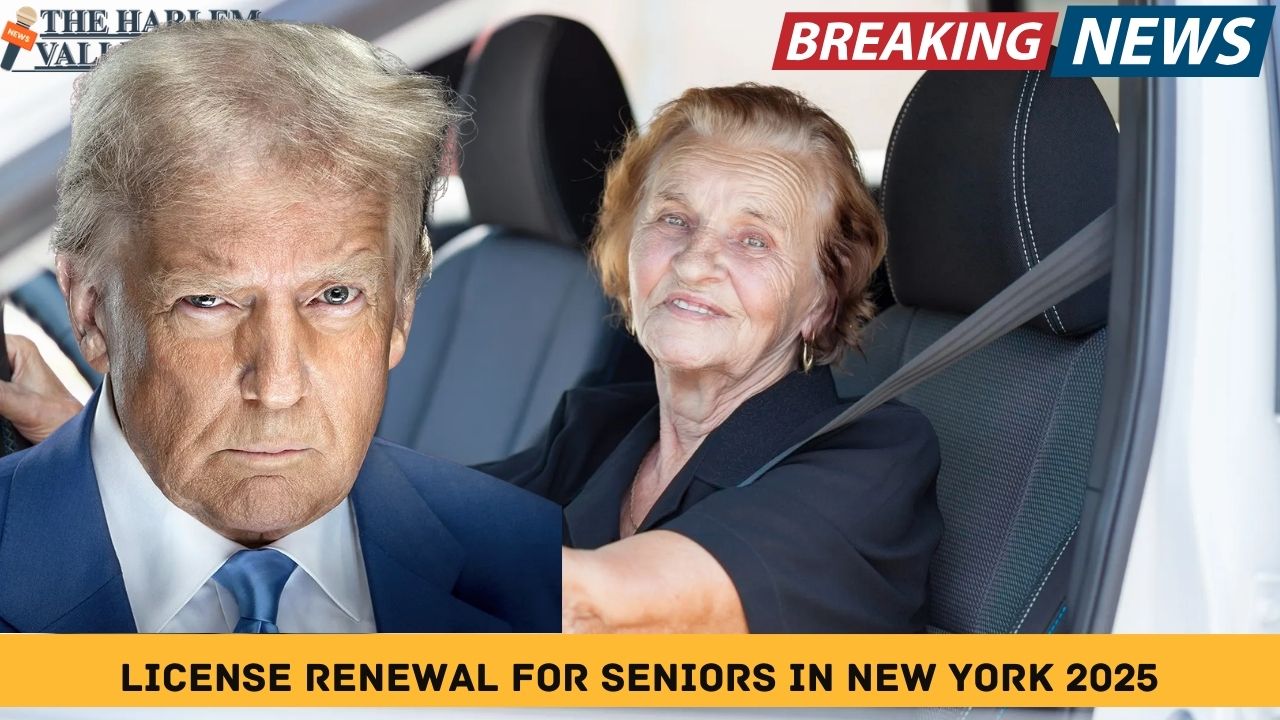


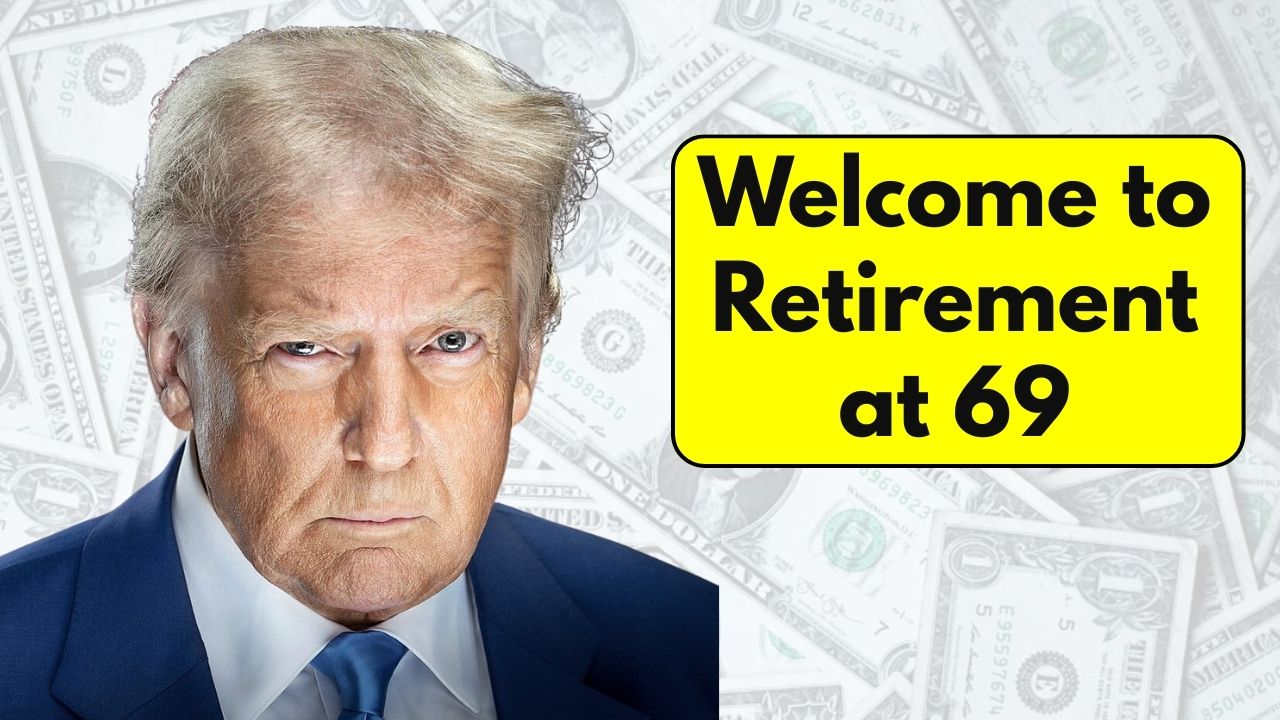

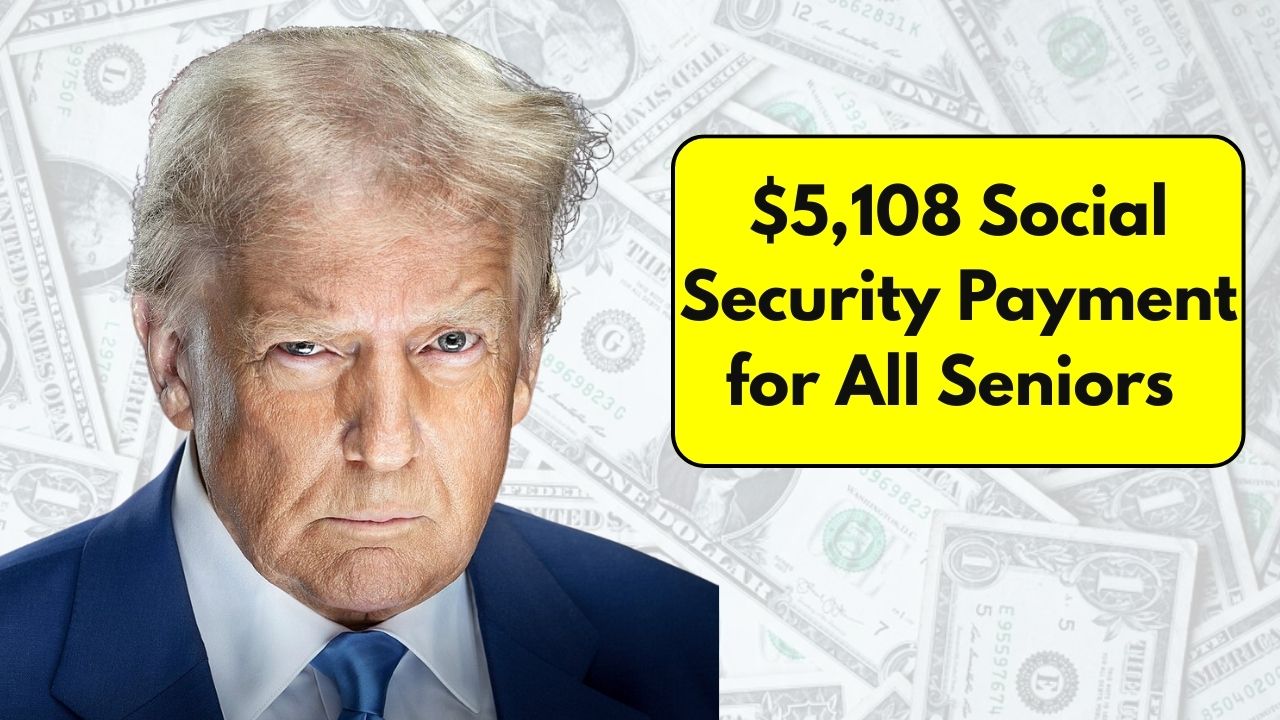
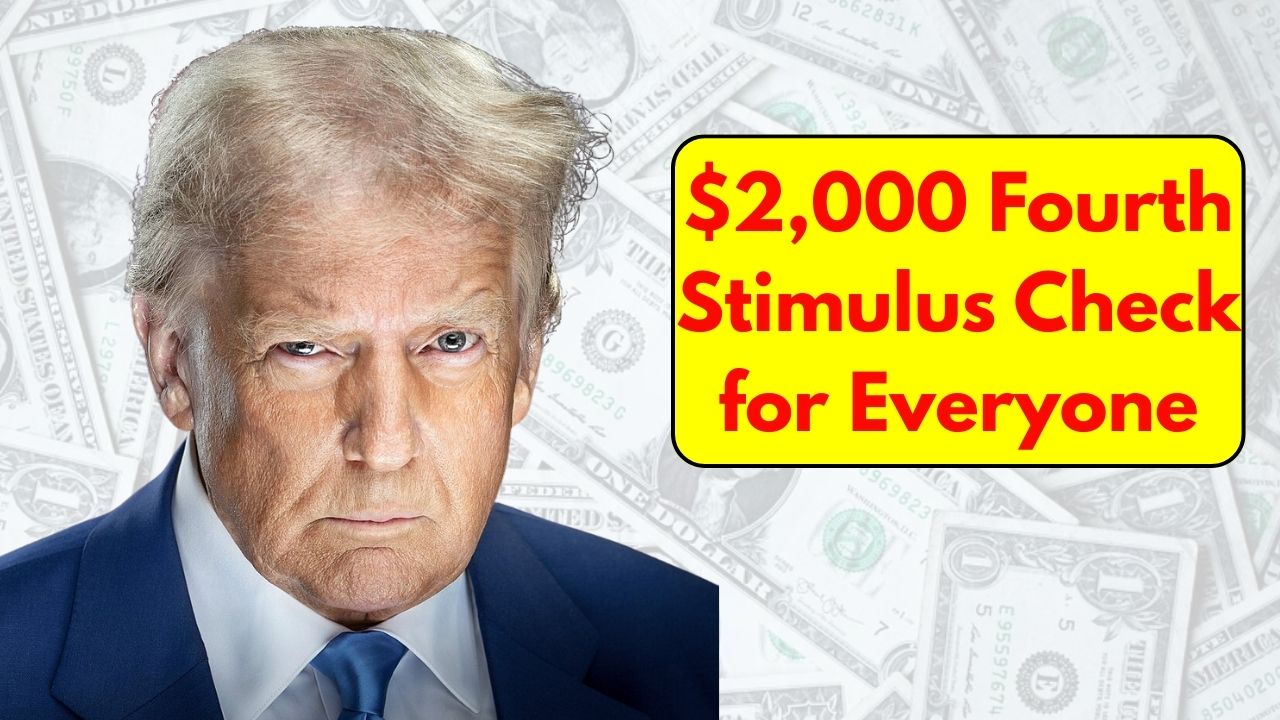
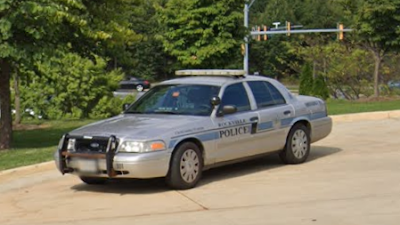

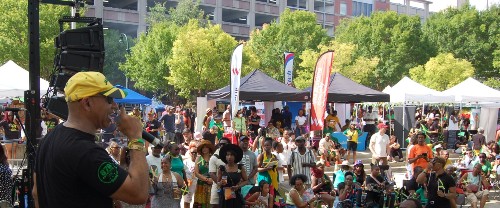

Leave a Reply